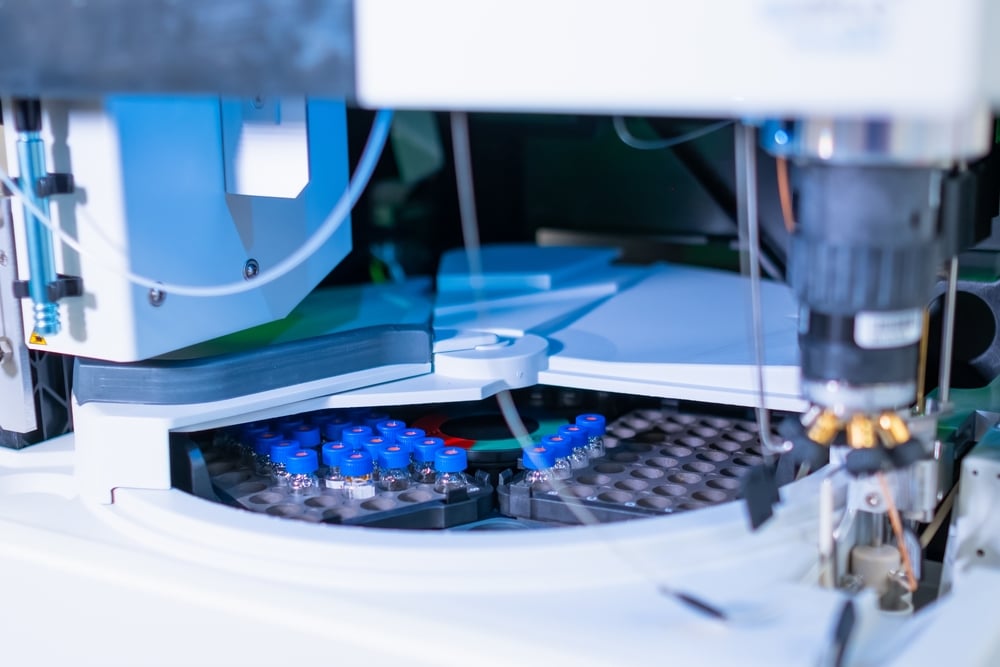Newsletter Signup - Under Article / In Page
"*" indicates required fields
Pixelgen Technologies has emerged from stealth with a mission to bring a new dimension to single-cell spatial proteomics.
The launch follows the close of an approximate $6 million seed round, led by Navigare Ventures, which will support the commercialization next year of the company’s molecular pixelation technology for spatial analyses of cell surface proteins in 3D.
“We are pioneering a completely new approach to spatial proteomics with molecular pixelation, which we view as a long-term foundational technology for spatial biology in cells and tissue,” said co-founder and CEO Simon Fredriksson.
“There are massive gaps in our understanding of cellular activity, and we aim to close those gaps by offering an unprecedented view of cell-surface proteins and their spatial inter-relationships.”
Understanding cellular activity
Significant cell mapping efforts have focused on the gene expression of single cells. Yet, cell function and activity are primarily governed by the spatial orchestration of cell surface proteins, particularly immune cells.
Understanding cellular activity through the spatial organization of proteins remains largely uncharted because current tools cannot identify many proteins simultaneously and map their spatial inter-relationships. Molecular pixelation is the only technology able to show spatial protein polarization and co-localization on the cell surface in a highly multiplexed manner.
To offer this level of cellular phenotyping, molecular pixelation uses oligo-conjugated antibodies and nucleic acid encoded pixels to identify and spatially locate cell surface proteins. After staining, cells are tagged with Pixelgen’s proprietary DNA pixels to map out the surface proteins’ locations. Next-gen sequencing enables the generation of a spherical and spatial map of cell surface proteins for each single cell.
“Pixelgen’s DNA-based visualization technology represents a significant advance over light-based technology,” said Navigare Ventures’ investment manager Alex Basu.
“We believe the data generated by Molecular Pixelation will provide novel insights into basic biology, accelerate drug discovery and development, and lead to new and better diagnostics. We’re extremely excited to support Pixelgen on this journey.”
Pixelgen was founded in 2020 by Fredriksson, Alvaro Martinez Barrio, Fredrik Dahl, and Filip Karlsson.






